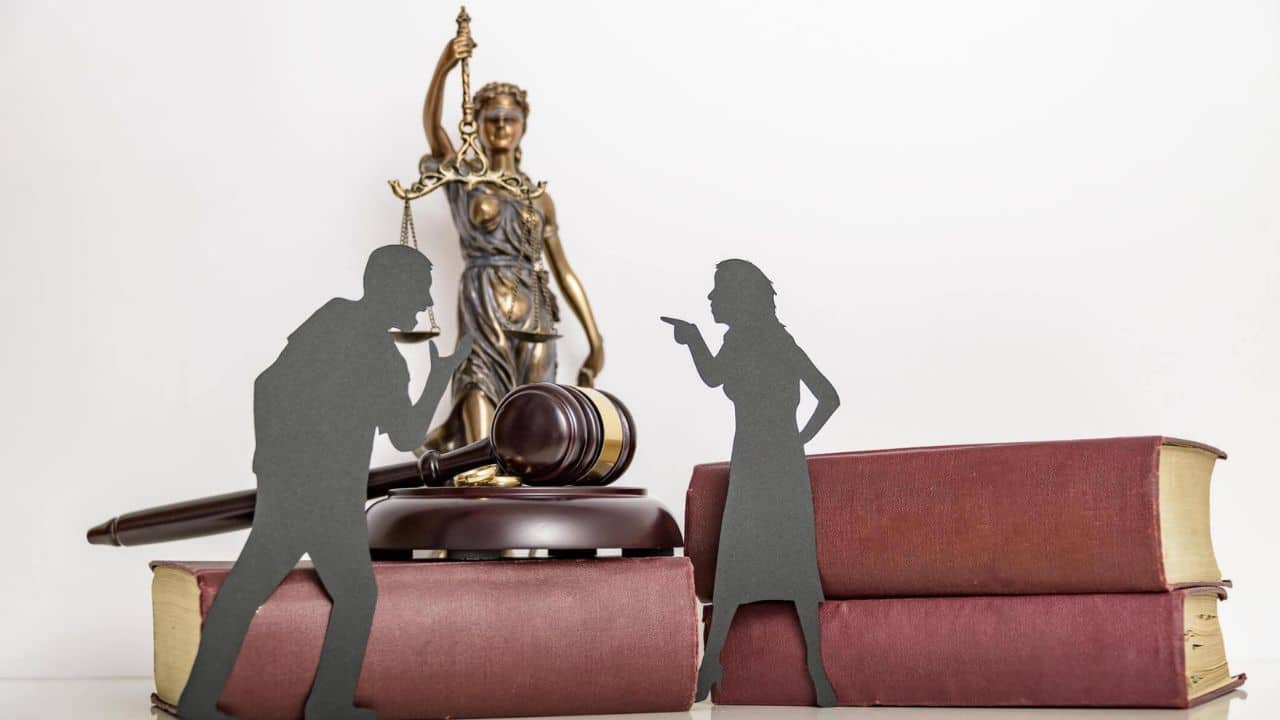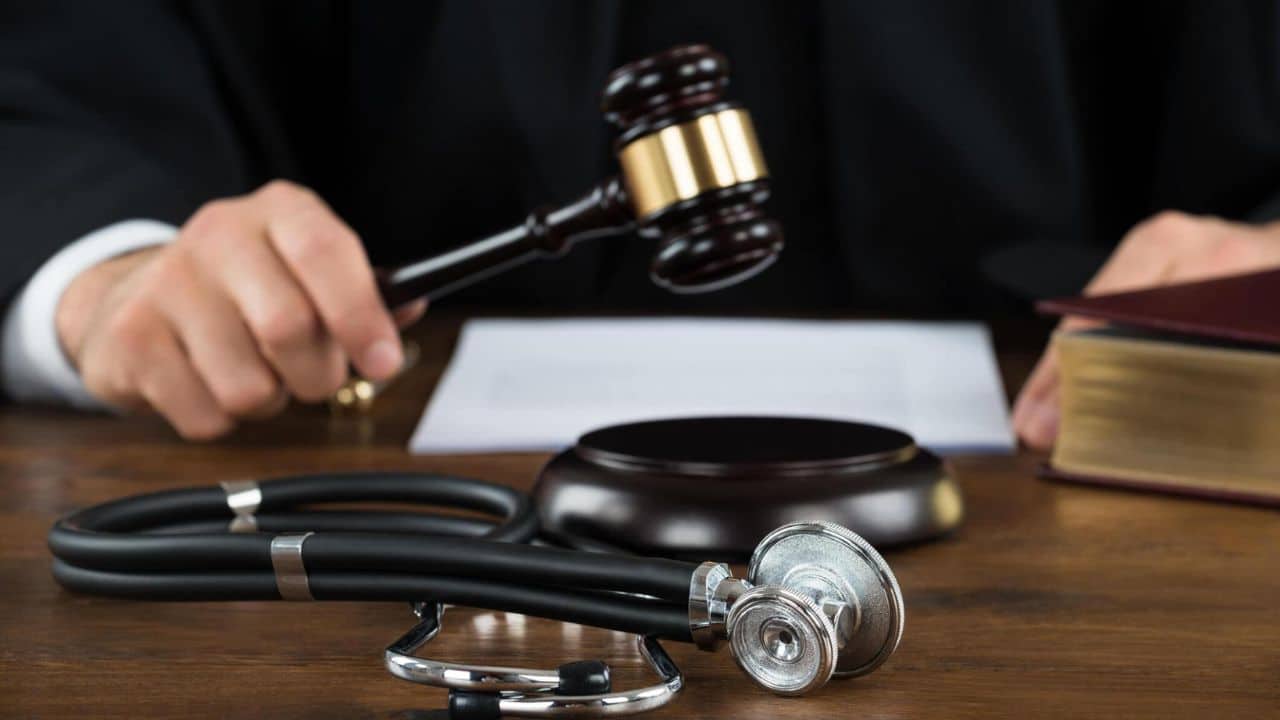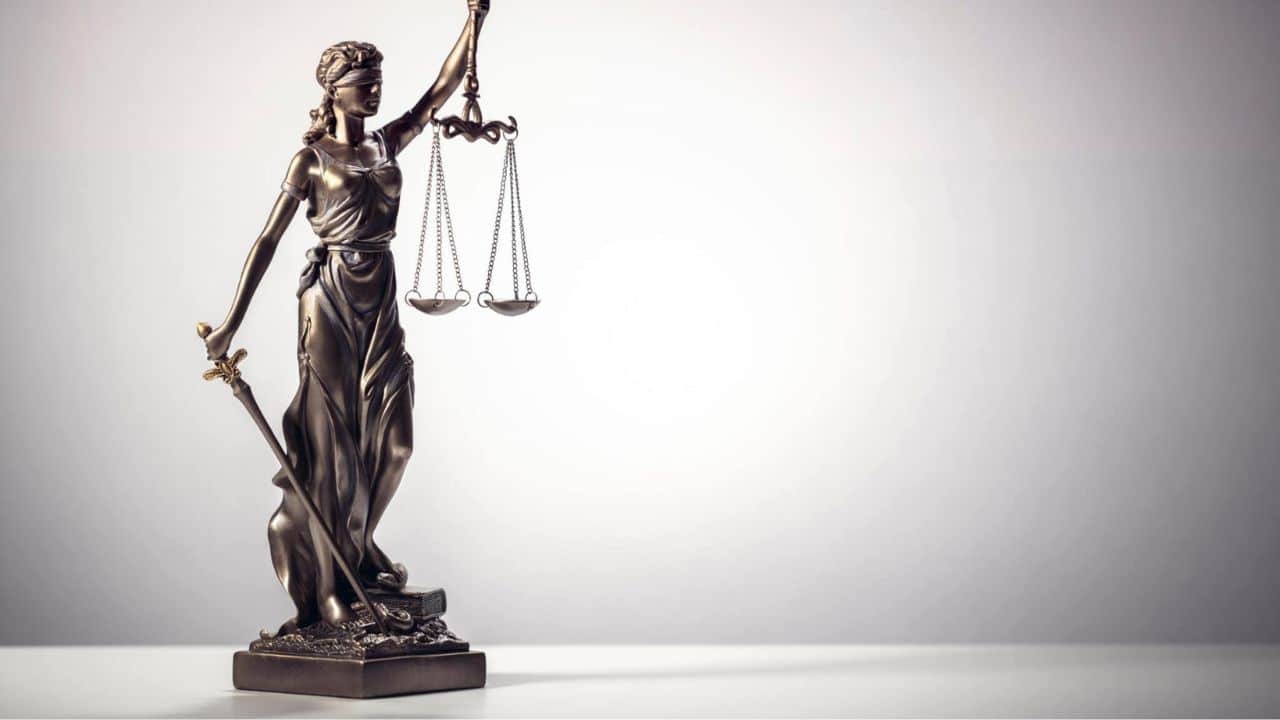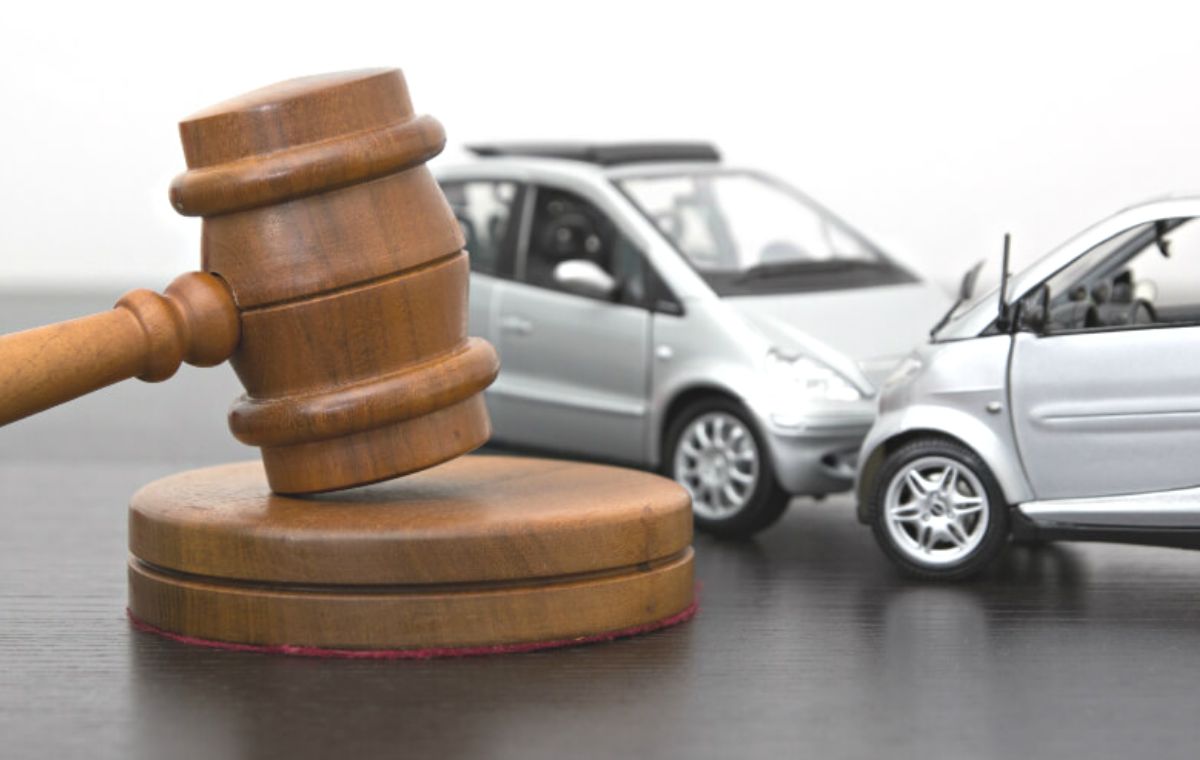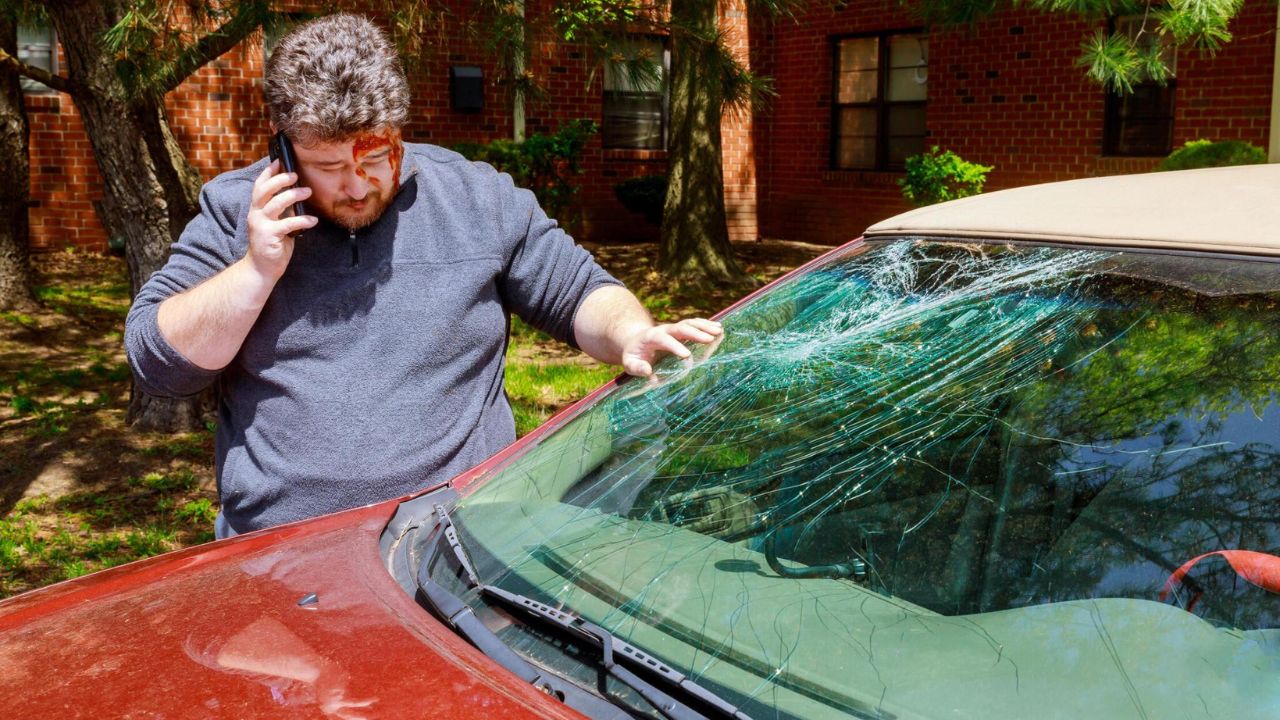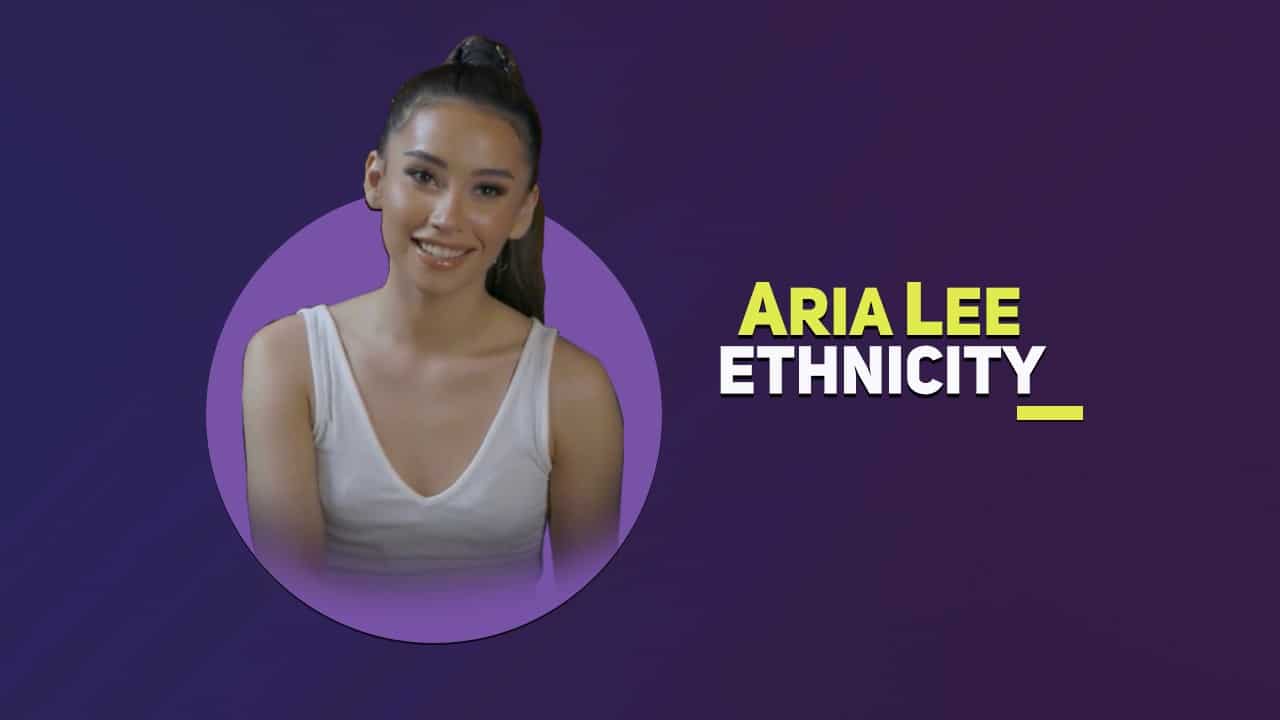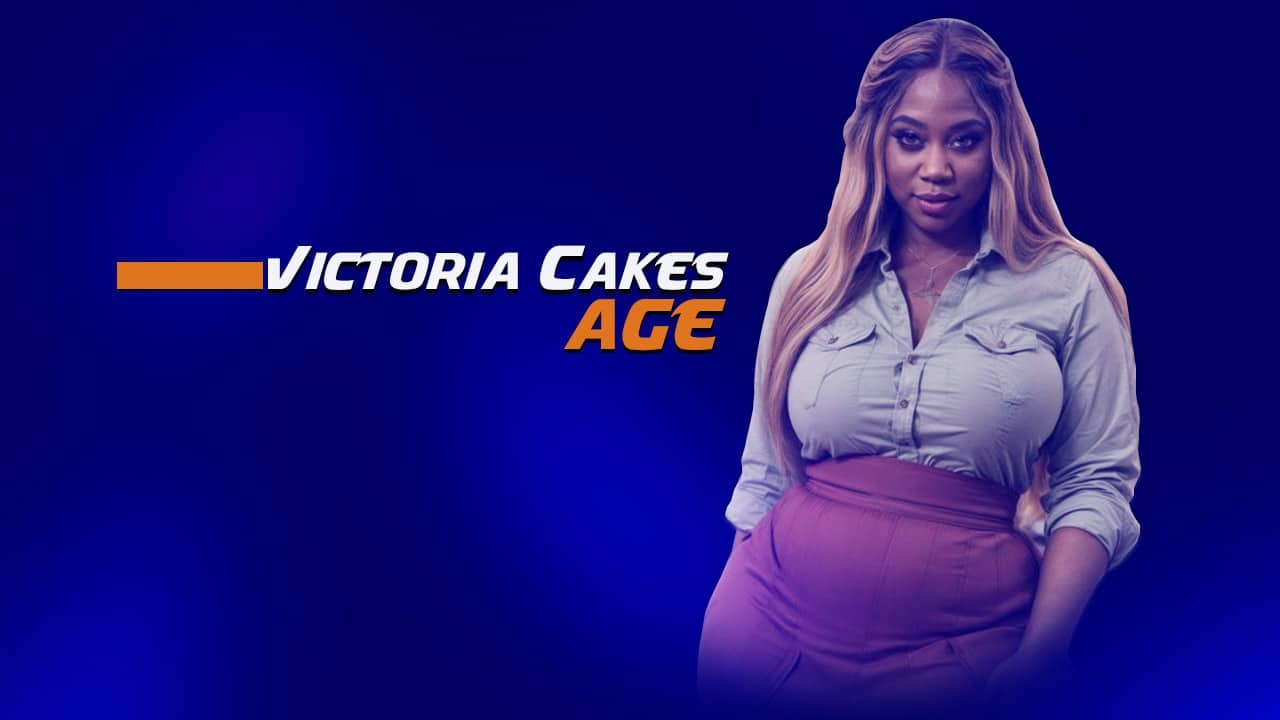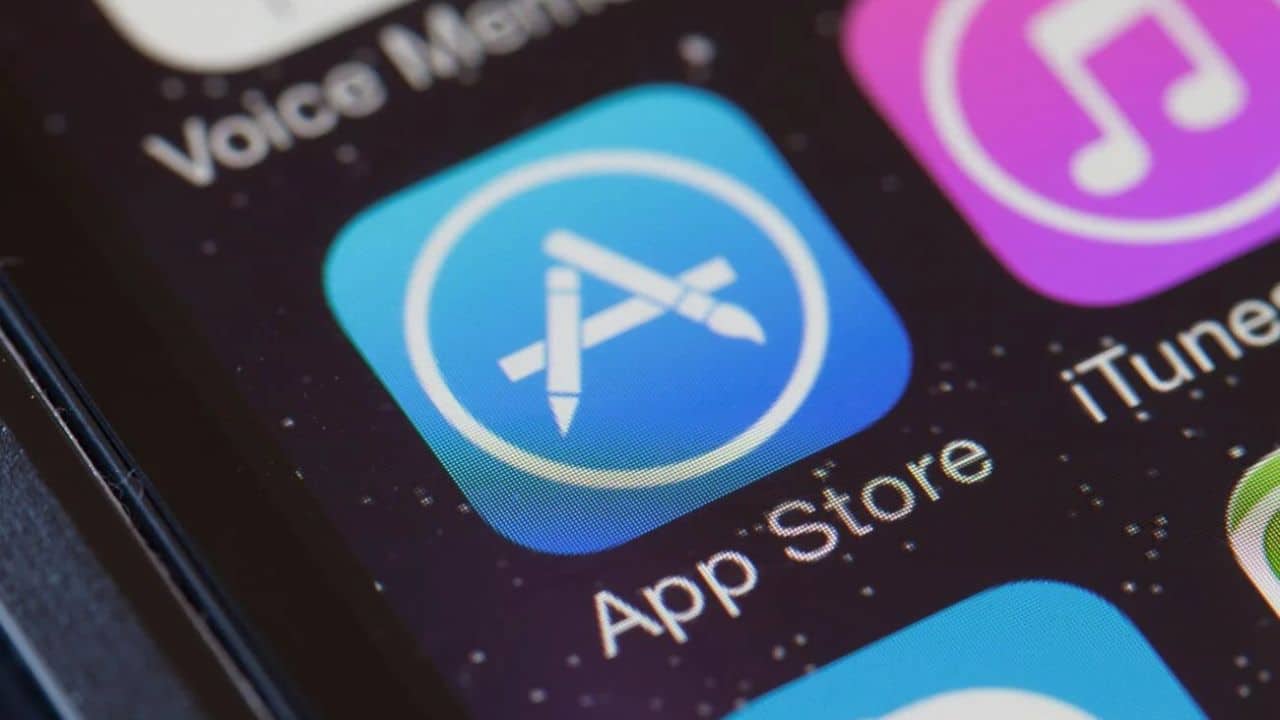A CCJ or County Court Judgement is issued against a person or a business when they fail to pay back a debt to a creditor. The county court will instruct the person or company to repay the amount owed through this order. For example, if a person has an unpaid bill and he or she ignores all reminder letters and phone calls regarding the debt, the creditor will eventually lose patience with the debtor. The creditor will then apply for a court order or CCJ to make you pay back the debt. The CCJ isn’t a surprise as the creditor has already forewarned you by way of issuing a “letter before action” or a “default notice.”
Three Forms
The CCJ takes the form of a letter from the county court and is usually accompanied by three forms:
- N1 – Stating the amount you owe
- N9A – An admission form
- N9B – A defense form
If you admit the fault, you are supposed to fill out the N1 & N9A forms and return them within 16 days. You should complete all the sections of the forms and discuss payment options depending on your income and expenditure. We are ready to help you if necessary.
In case you want to dispute the court order, you should complete the n9B form. If you want to challenge the court order, you should get in contact with our expert team as soon as possible to discuss your options.
How To Deal With A CCJ?
You should take important steps to effectively deal with a CCJ. In fact, the process is simple to follow:
- You should complete the CCJ as quickly as possible to avoid any further action
- First, ensure the paperwork you received is legitimate and from the courts
- Everything you should know in order to make sure the document is a real CCJ will be discussed in this article
- Complete the N1 form stating the amount you owe and the N9B or N9A – depending on whether the fault is accepted or the CCJ is disputed
Once you receive a CCJ, it will be placed on the register of county court judgements and it will be registered to your credit file for at least 6 years – unless you are able to repay the debt within 30 days of receiving the CCJ. In such a case, the event won’t be recorded in your credit file. The CCJ will state the monthly amount you need to pay, or you can make the payment offer yourself. If you don’t respond to the order or the creditor isn’t happy with your offer of payment, they can demand the full amount immediately. If you are not willing to make the payment for whatever reason, the credit has the right to ask the court to take further action – including sending in bailiffs, an attachment of a charging order, or an earnings order. If you inform the creditor about a change in circumstances, you can vary the amount paid and avoid any serious action.
What If You Ignore The CCJ?
A CCJ shouldn’t be ignored even if you feel you don’t owe the creditor any money. The process can lead to further action from your creditors even if a CCJ can’t force you to repay the amount. On the other hand, being the subject of a CCJ isn’t considered a criminal offense. They can employ third-party debt collectors to recover assets similar to the value of the debt. A CCJ record will also hurt your credit rating and make it harder for you to apply for credit, finance, mortgages, and other loans in the future.
The aforementioned article provides information on what you should know when dealing with a CCJ.





